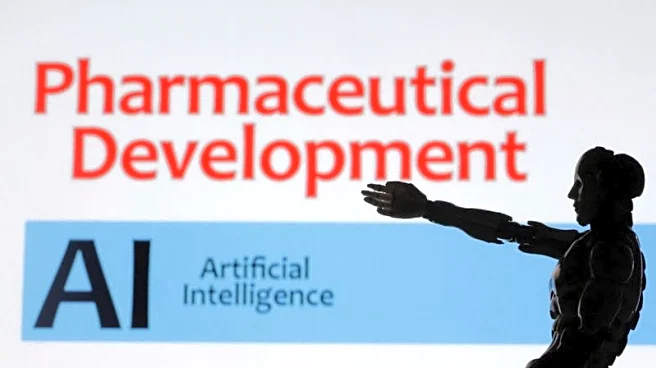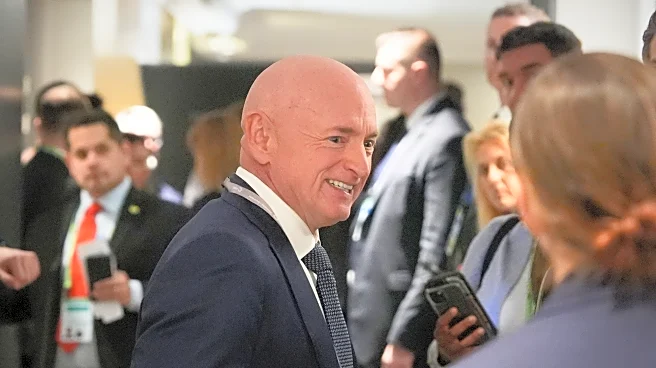By Sneha S K and Puyaan Singh
(Reuters) -Drug developers are increasing adoption of AI technologies for discovery and safety testing to get faster and cheaper results, in line with an FDA push to reduce
animal testing in the near future.
Within the next three to five years, using AI and cutting back on animal testing could reduce timelines and costs by at least half, according to 11 different experts from across contract research firms, biotech companies and brokerages.
Drug development software maker Certara, and biotechs such as Schrodinger and Recursion Pharmaceuticals are already using AI to predict how experimental drugs might be absorbed, distributed, or trigger toxic side effects.
"We are getting to the point where we don't actually need to do that (animal testing) anymore," said Patrick Smith, president of drug development solutions at Certara, which works with companies developing infectious diseases drugs such as monoclonal antibodies for hepatitis B.
Recursion said its AI-based drug discovery platform took just 18 months to move a molecule into clinical testing as a cancer drug candidate, far faster than the industry average of 42 months.
Analysts at TD Cowen and Jefferies expect these AI-driven approaches to cut costs and timelines by more than half, from current estimates of up to 15 years and $2 billion needed to bring a drug to market.
The shift also aligns with the FDA's vision of approaches such as AI-driven technologies, human cell models and computational models becoming the new standard, as the agency plans to make animal studies the exception for pre-clinical safety and toxicity testing in three to five years.
The new approaches are expected to ultimately lead to lower drug prices as well, the U.S. Food and Drug Administration had said in its April statement that outlined a road map for companies to reduce reliance on animal testing, especially for monoclonal antibody drugs.
Still, industry experts have said the new methods are unlikely to fully replace animal testing.
Under current FDA requirements for monoclonal antibodies, companies conduct studies in animals to test for any harmful effects of a drug. These studies typically take between one to six months, and require about 144 non-human primates on average, at a cost of $50,000 each, according to the agency.
NEW APPROACH
Charles River, one of the world's largest research contractors, is among the industry mainstays investing in AI and the so-called "new approach methodologies".
These NAMs use AI, computer-based modeling and machine learning as well as human-based models such as organs-on-chips to predict how a drug might work in the body. An organ-on-a-chip is a small device lined with living human cells that replicate key functions of an organ.
Charles River's NAM portfolio already generates about $200 million in annual revenue.
SMALLER PLAYERS STEPPING IN
InSphero is testing safety and efficacy in 3D liver models - where lab-grown liver microtissues help replicate the functions of the organ.
New York-based Schrodinger combines physics-based simulations with AI to predict drug toxicology.
But industry experts say in the near future, companies will use a hybrid approach, reducing animal testing and supplementing with data from these new methods.
"I don't think we'll get to a point immediately, in the near term where all of a sudden, animal testing is gone entirely," said Brendan Smith, a life sciences and biotech analyst at TD Cowen.
(Reporting by Sneha S K and Puyaan Singh in Bengaluru; Editing by Devika Syamnath)











